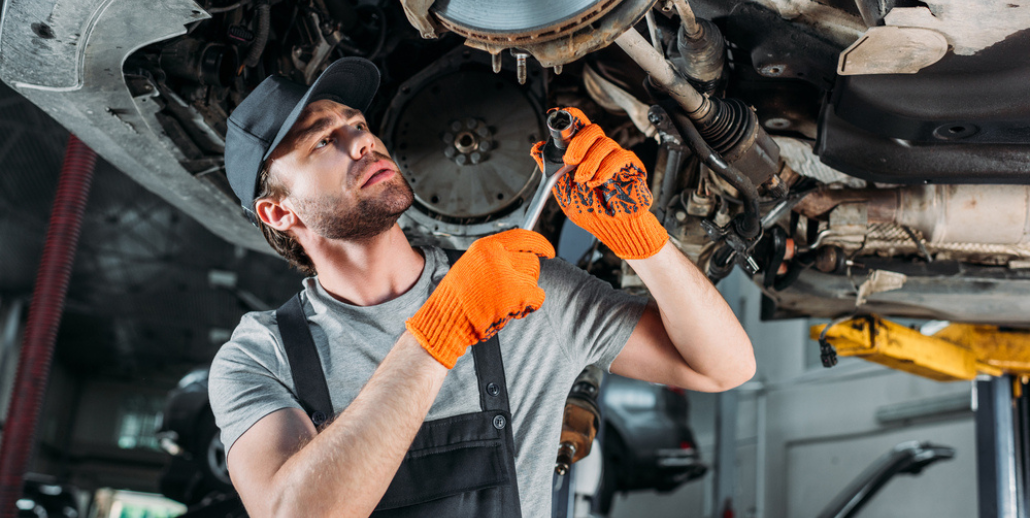When your vehicle has been involved in a collision, you will likely need the services of a good body shop. However, it is not possible for these shops to give a simple list of prices for their services. No two collisions are exactly alike in terms of damage, so every case requires an evaluation and an estimate. This isn’t always necessary for minor auto repairs, but it’s always necessary for body repairs.
Start By Talking To Your Insurance Company
If your vehicle has been in a collision, your insurance company will need to be notified. Even minor collisions should be reported unless there is absolutely no damage. Any collision that is bad enough to require repairs will be serious enough to warrant informing your insurance company. When you call them to make this report, talk to them about getting a repair estimate.
Insurance companies will generally have good working relationships with certain auto body shops because they have to work with these companies anyway. Thus, it makes sense to cultivate good communication with shops that have proven to be trustworthy. The insurance company will be able to set you up with a shop where you can take your car for an estimate. If the vehicle is immobile, they may send someone out to your home for an on-site assessment. Either way, dealing with your insurance company is the first step.
Choose A Shop
Even if your insurance company recommends a particular shop, the choice of where to send your vehicle is ultimately yours. If you have a particular mechanic that you really like and trust, you can choose to take it there. In other cases, your insurance company may give you a list of approved shops in your area from which to choose. Either way, you will have to make a decision as to where you want to take your vehicle for repairs. You should also be aware that all body shops will charge a fee for an estimate, as it requires time and effort to do a thorough evaluation.
Get The Estimate And Report Back
When you take your vehicle to the shop you have chosen, they will examine the damage and give you an estimate. This process might be very quick, or it might take several days. Your wait time will mostly depend on how busy the shop happens to be. Once you have that estimate, you need to report that information back to your insurance company. They will want to do a review of the information that has been provided and verify that they are willing to cover the repairs. This entire process can take several days, so be prepared for a little bit of waiting.
The Totaling Option
If the damage is judged to be beyond repair, or if the estimate is exceptionally high, you might be better off scrapping the car and receiving a payment from your insurance company. If your insurance company is willing to cover the cost of a new vehicle, that option should at least be considered. You should be aware that your deductible will apply to any payment that you are given. You should also be aware that this kind of situation can become complicated if your vehicle isn’t fully paid off.
How Much Of The Damage Will I Have To Pay?
To answer that question, you need to look at the deductible on your insurance policy. This is the amount that you will have to pay, and anything beyond that will be covered by your insurance company. Make sure that you remember this number when evaluating a repair estimate.
What Does An Estimate Include
Most estimates will consist of labor costs and the cost of any required parts. To be more specific, it will include whatever is necessary to return your car to its pre-collision state. This means replacing any damaged parts with new parts of comparable quality. Most insurance companies will guarantee their estimates to a certain extent. This means that if the job is not done correctly and fully, they will pay to repair anything that was missed.
Conclusion
You should also understand that there are two kinds of estimates. A preliminary estimate just involves a quick visual inspection, and those tend to be free. On the other hand, a full and complete inspection usually takes a bit longer, and it probably won’t be free. If you are looking for auto body shops in South Jersey to help you with your collision repair estimate, we just happen to be the best NJ body shop around. To find out more, you can call Elmer’s Auto Body at (856) 218-0202.







